The true aim of everyone who aspires to be a teacher should be, not to impart his own opinions, but to kindle minds
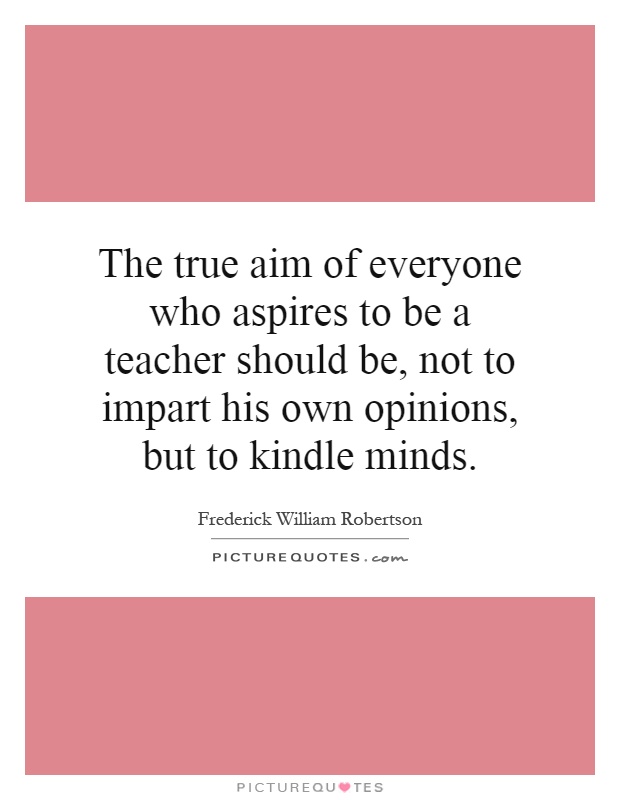
The true aim of everyone who aspires to be a teacher should be, not to impart his own opinions, but to kindle minds
Frederick William Robertson, a prominent 19th-century Anglican clergyman and educator, believed strongly in the power of education to ignite the minds of students. He understood that the true aim of a teacher should not be to simply impart their own opinions, but rather to inspire curiosity, critical thinking, and a thirst for knowledge in their students.Robertson believed that education should be a transformative experience, one that goes beyond rote memorization and regurgitation of facts. Instead, he believed that teachers should strive to kindle the minds of their students, sparking a passion for learning that would stay with them long after they left the classroom.
In his own teaching practice, Robertson sought to engage his students in meaningful discussions and debates, encouraging them to question the world around them and think for themselves. He believed that by challenging their assumptions and pushing them to think critically, he could help them develop into independent, thoughtful individuals.
Robertson's approach to education was rooted in his belief that every student had the potential to achieve greatness, regardless of their background or circumstances. He saw teaching as a noble calling, one that required patience, empathy, and a genuine desire to see his students succeed.
By focusing on kindling the minds of his students, rather than imposing his own opinions on them, Robertson was able to create a dynamic and engaging learning environment that inspired his students to reach their full potential. His legacy as an educator lives on today, as his teachings continue to influence educators around the world.


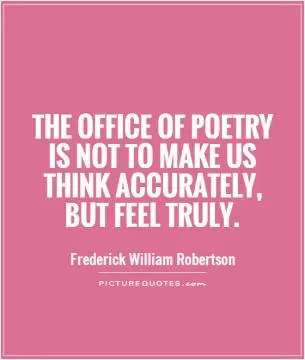
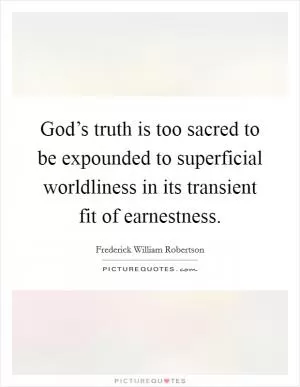


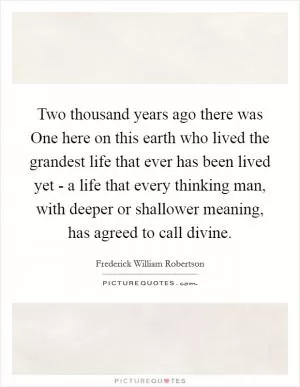




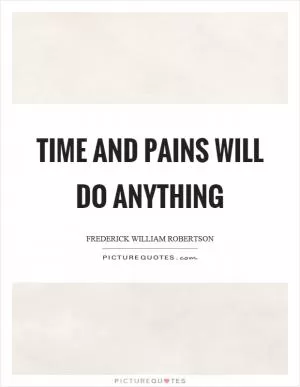
 Friendship Quotes
Friendship Quotes Love Quotes
Love Quotes Life Quotes
Life Quotes Funny Quotes
Funny Quotes Motivational Quotes
Motivational Quotes Inspirational Quotes
Inspirational Quotes